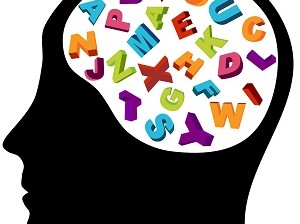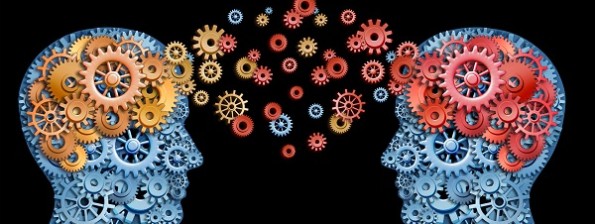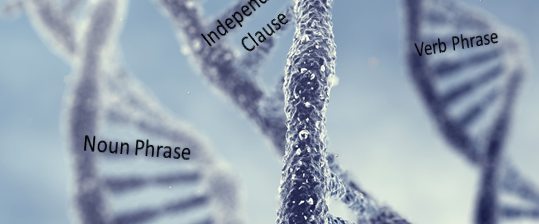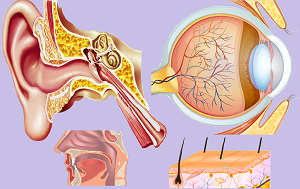Category Archives: Memory
26 Apr Continuity of Learning

Production and Comprehension We know that comprehension and language production occur in different areas of the brain and occupy opposite ends of the continuum in the communicative model. The relative independence of the production and comprehension centers suggests one of three possibilities: Syntactic and lexical data are replicated in both the production and comprehension centers of […]
22 Apr Breaking Down Language Structure and Function

Grammar Acquisition Some experts suggest that a correctly formulated adult grammar is acquired by children on the basis of sentences they hear in their first few years (Pinker, 1984, p. 5). The proponents of this theory assume that a young child perceives sentence structure or is able to detect elements of grammatical structure – a […]
17 Apr Learning by Repetition

Frequency and Exposure For the very young, language learning requires mental gymnastics. Most theories of language learning refer to the fact that the frequency of repetition of a word or structure pattern determines the strength of its acquisition. In this context, there may be some threshold of frequency which, once reached, will result in the […]
09 Apr Abstract Contexts and Fuzzy Reasoning

We do not yet know how we remember things, nor do we know how we use remembered things in reasoning. The amazing feedback loops of afferent and efferent fibers between different layers of the cortex give us some amazing clues (Hawkins 2004). Today’s discussion of abstract contexts and fuzzy reasoning is intended as a bridge […]
02 Apr Context and Expectations

Expectations are context based, top-down ideas of what comes next. These top-down ideas feed perceptual processing centers in the brain, helping us focus on what matters, ,and sometimes blinding us to other possibilities. The two types of context we will consider today are sensory and non-sensory. Sensory context applies to anything in the physical world […]
27 Mar Cognition and Emotion

I’m conflicted. I suspect you are too. “Since the time of the ancient Greeks, humans have found it compelling to segregate reason from passion, thinking from feeling, cognition from emotion. These contrasting aspects… have in fact often been viewed as waging an inner battle for control of the human psyche” (LeDoux, 1996, p. 24). In earlier […]
25 Mar Generalization and Inference

What do you do when you encounter something completely new, such as a new flavor. Can you identify that it is a flavor and that it resembles some flavors you’ve encountered before? If you knew about bridges from experience, but had never seen a drawbridge, or a lift bridge or a covered bridge, would you be able […]







